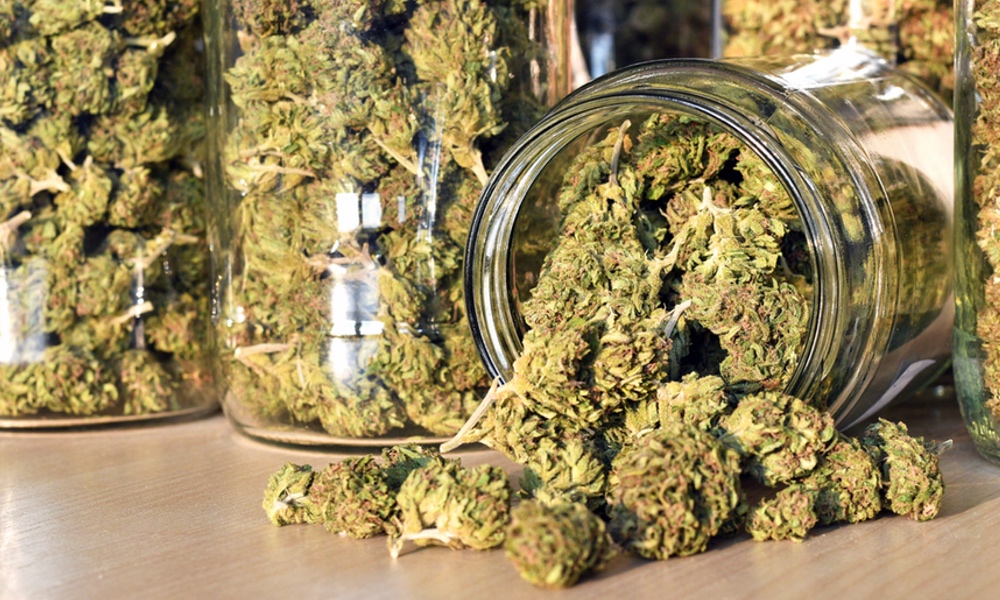As states have legalized the recreational and medicinal use of marijuana, it is inevitable that some users will be pregnant, raising concerns about marijuana's effects on the developing fetus. So researchers from Colorado, where cannabis is legal, decided to see how common marijuana use was among women before and after giving birth and whether mothers' cannabis use posed any problems for infants.
About 3200 women who gave birth between 2014 and 2015 were asked about their marijuana use during pregnancy and after the birth of their babies, as well as their breastfeeding histories. The researchers also looked into infants' gestation, birthweight, and any pregnancy, delivery or neonatal complications.
Just under six percent of women reported cannabis use during their pregnancy, with nearly five percent using it in the first trimester and about 2.5 percent using it in the third. Prenatal cannabis use was higher among non-Hispanic white women who were younger, unmarried, less educated and lived in poverty. It was associated with shorter duration of breastfeeding.Marijuana use during pregnancy resulted in a higher likelihood of having a low birthweight baby who was small for his or her gestational age and at risk for complications both short- and long-term.
The potency of marijuana is six or seven times stronger than it was in the 1970's, and the researchers found that marijuana use during pregnancy resulted in a higher likelihood of having a low birthweight baby who was small for his or her gestational age. Children born to women who used cannabis at any time during pregnancy had a 50 percent higher likelihood of having a low birthweight baby, regardless of the mother's age, race/ethnicity, level of education or tobacco use. Infants exposed to marijuana prenatally were also 70 percent more likely to be small for their gestational age, most commonly defined as a weight below the 10th percentile for their age. Low birthweight and small for gestational age infants are at risk for complications both short- and long-term.
In 2015 the American College of Obstetricians and Gynecologists called on doctors to question patients about their marijuana use and recommend against it. They also urged doctors to avoid prescribing cannabis for medicinal uses pre- or post-natally, and to offer women with cannabis dependency treatment options. The researchers, from the Colorado School of Public Health, University of Colorado Anschutz Medical Center, believe their findings support these guidelines and note that the higher prevalence or pre- and post-partum cannabis use among medically and economically disadvantaged women suggests the need for more attention and services to this patient population.
Women who are intending to become pregnant or who are not using birth control should strongly consider abstaining from cannabis use. Women who are pregnant or breastfeeding and are cannabis users should strongly consider discontinuing their use, getting preconception help from their healthcare providers and post-partum care for their babies as needed.
The study is published in The Journal of Pediatrics.





